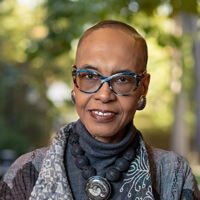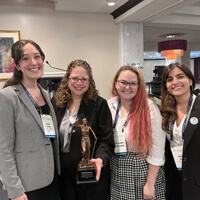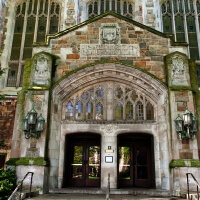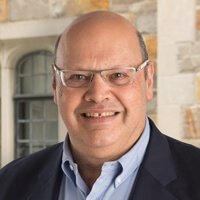Poor People’s Courts
Legal scholars rightly lament that the availability of the public courts is diminishing, but the portrait they paint is incomplete. As discussed in the last chapter, judges dismiss cases, requiring individuals to handle their disputes in private settings or to give up altogether. Cases are tossed out of court or never make it in the door. But empirical evidence shows that ordinary people are not actually excluded from the courts: they just appear in a different part. While the number of people with access to federal courts may be shrinking, what is growing—exponentially—is the number of people in the lowest of state courts. Every year, millions of people flow into the civil justice system’s “poor people’s courts.”
Hearing the term “poor people’s courts,” a thoughtful reader might think of the criminal courts. Reserved primarily for low-income defendants, disproportionately Black and brown, and with little process beyond that of a plea bargain factory, the criminal courts have rightfully been criticized for their palpable absence of dignity, fairness, and basic constitutional rights. Poor people’s courts on the civil side have received less scrutiny, but they are strikingly similar.
This chapter spotlights the lower courts of the civil justice system. It identifies two signature features—speed and delegalization—and describes what they mean for the ordinary people who encounter them. It also shows how the characteristics of speed and delegalization are not merely cultural developments, nor accidents, but choices of institutional design. These choices reflect, in part, well-intentioned policy makers’ attempts to make lower courts accessible, and liberal members of the U.S. Supreme Court have approved these courts’ streamlined approach to the “simple” issues they address.
Yet the lower courts address some of the most important components of modern life: housing, family, finances, and transportation. For the people subject to their orders, the consequences can be momentous—homelessness, loss of one’s children, wage garnishment, or even imprisonment. These courts take a hyper-abbreviated approach to the production of orders that drastically change litigants’ lives. The human significance of these decisions, combined with the social positions of the people involved, provide cause for scrutiny of the common assumption that the cases are simple and do not deserve more attention.
Most people in the lower courts did not ask the courts to intervene in their lives. In contrast to plaintiffs locked out of federal courts, these are defendants, dragged into the lower state courts involuntarily. Of course, for every defendant, there must be a plaintiff who filed the case, so if most people did not seek to engage the courts, who is on the other side, pursuing the litigation? The answer to this question exposes a central actor in the story of how capital shapes the courts. But before delving more deeply into that, let’s take a closer look at the courts’ daily operations.
About the Public Law Workshop
Michigan’s Public Law Workshop provides an opportunity for faculty and students from across the University to enjoy weekly presentations by leading scholars producing current work on topics ranging from constitutional law and administrative law to international law, statutory interpretation and beyond. Professors Julian Mortenson and Maureen Carroll organize the workshop. If you would like to receive workshop announcements, please contact Alex Wroble ([email protected]) and ask to have your name added to the workshop’s email list.






